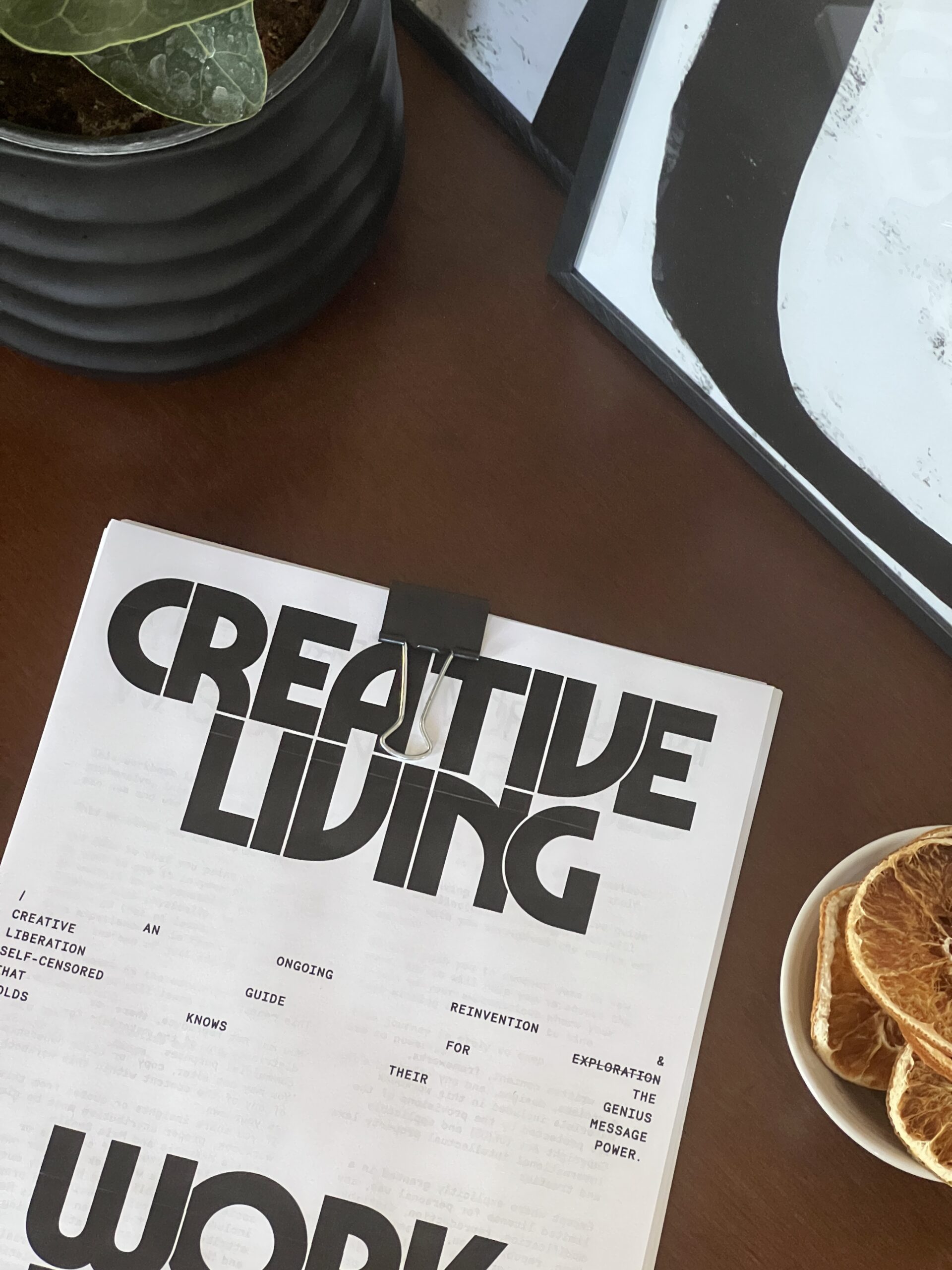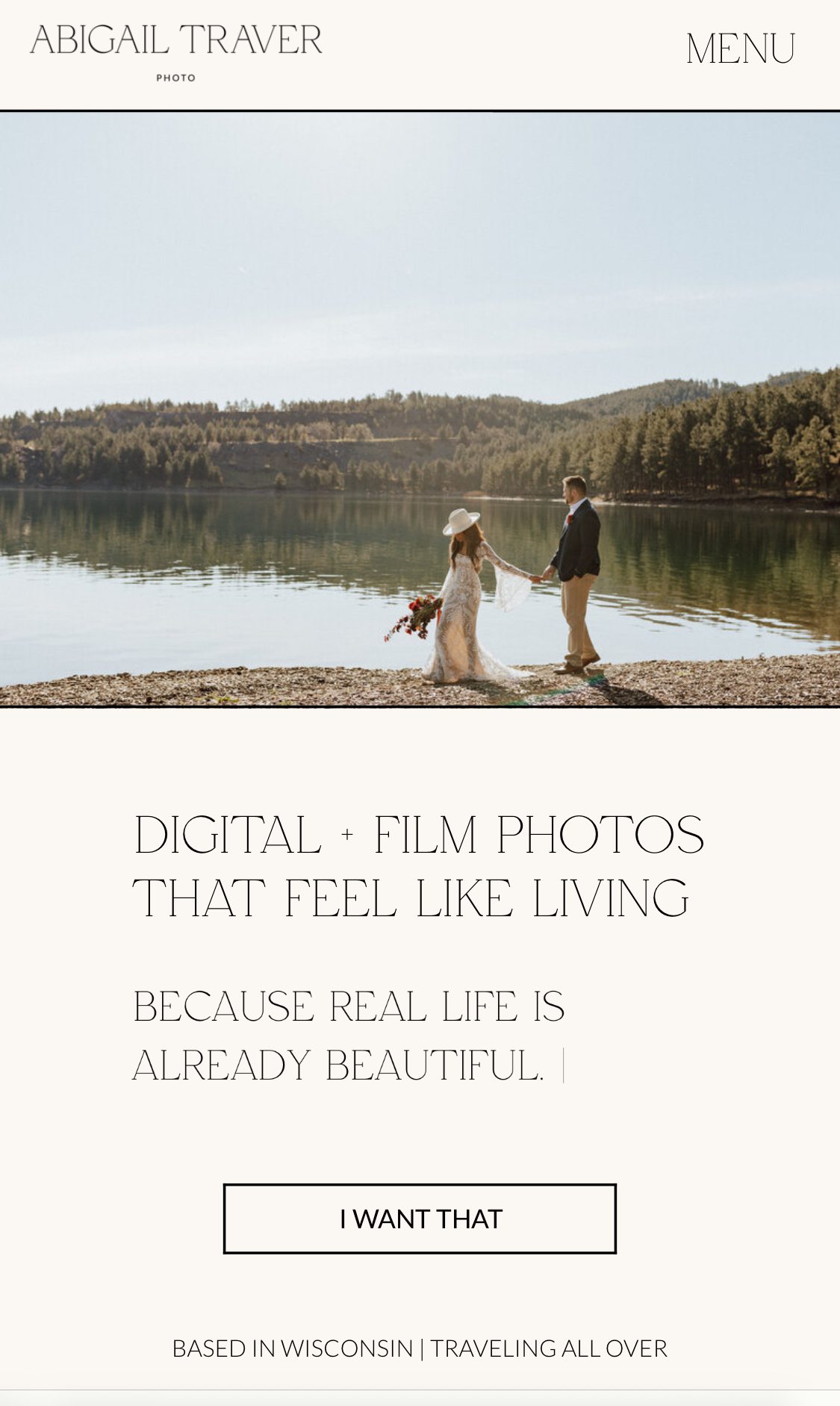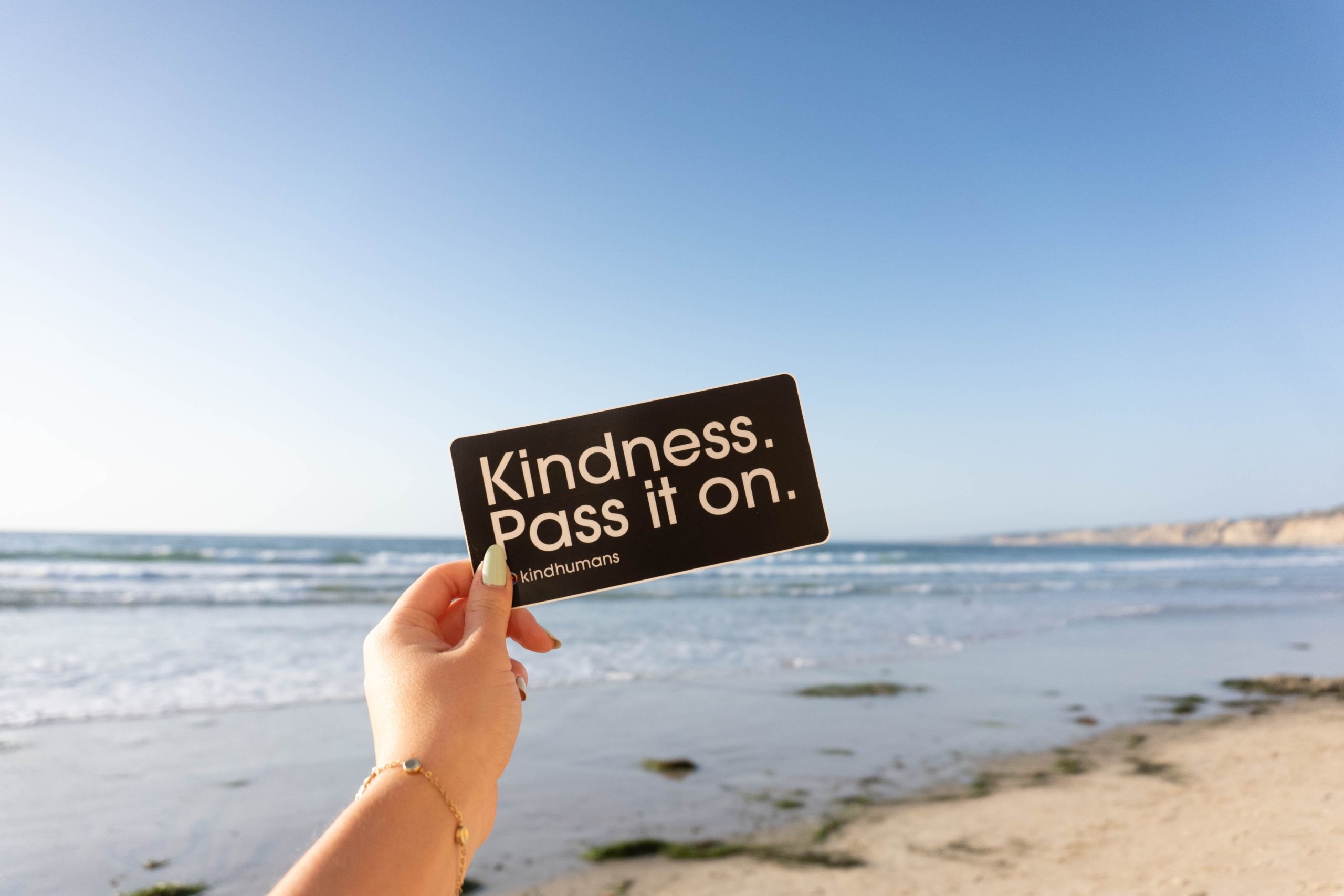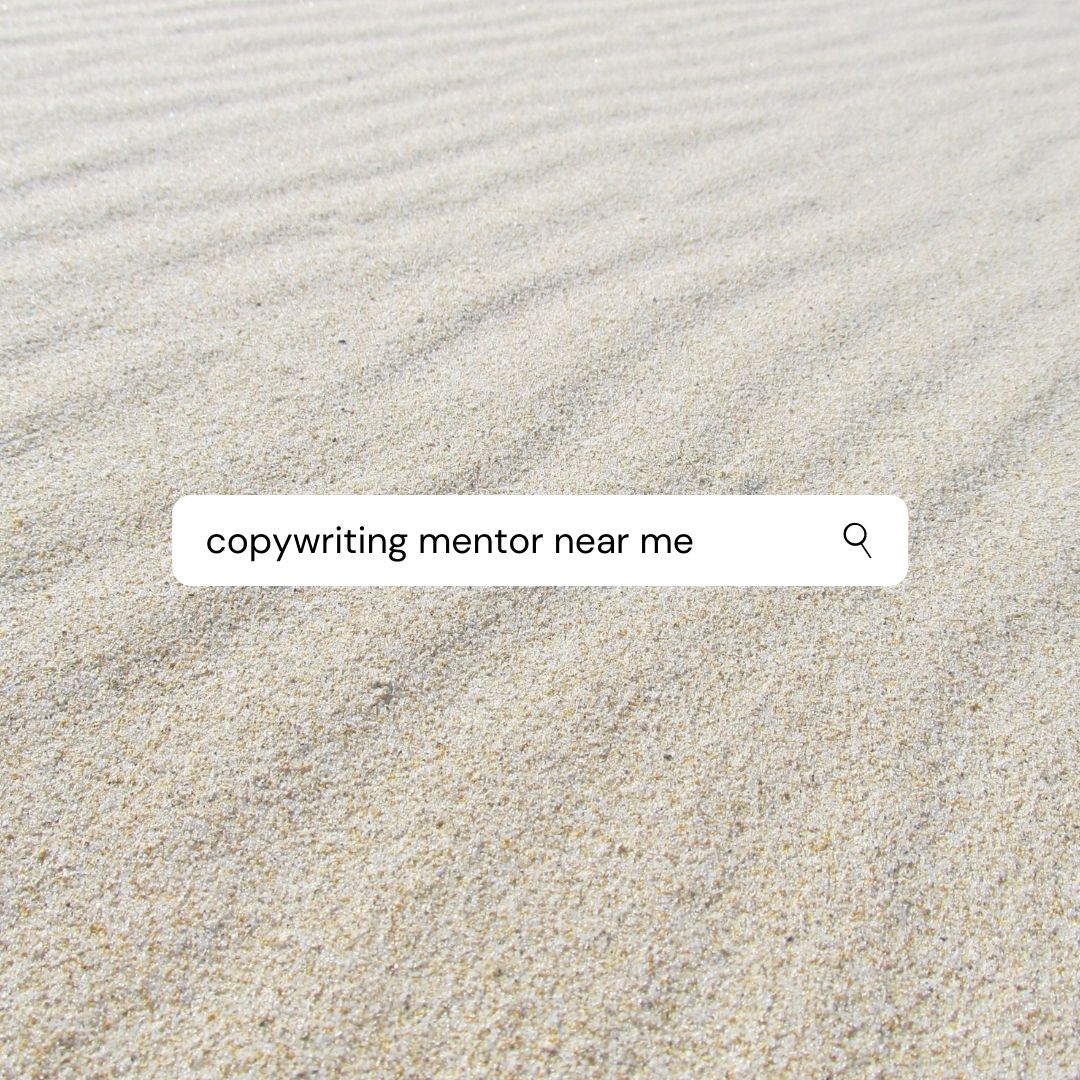A background story
Four and a half years ago, I stepped off of a little propeller plane onto the Greek island of Lesvos and into the middle of the ongoing refugee crisis. For two months in 2018, and three months in 2019, I worked in Moria Refugee Camp, then known as the worst refugee camp in Europe.
I was assigned, soon after I arrived, to work in the section for vulnerable women. They were Syrians, Afghans, Iranians, Congolese, Somalian, and many other nationalities of women. They were beautiful, and traumatized, and so much fun. Many of them had been sexually abused or raped in their lives, or on their journeys to Europe. Many of them had been trafficked for labor or for sex.
I wasn’t very familiar with trafficking, before then. Over the next months and years, though, I learned more, saw trafficking and its devastating, gripping effects firsthand, and got the faces and stories stamped in my mind. It was one of those experiences that changed the way I saw the world, from then on.
Fast forward from 2018 to 2020, and I was in the process of starting my copywriting business. I dove into every podcast I could find, and started learning about marketing and how to write so that customers would pay attention.
I quickly got uncomfortable.
Why? Because much of the language used to make someone buy something is the same language we use to describe how traffickers make people sell themselves.
Marketers talk about hooking people with your headline, getting inside their heads to understand how they are vulnerable and how you can get that vulnerability to work for you.
So do traffickers.
The similarity makes me shiver.
And in 2020, this all set me out on a journey of exploring the concept of ethical marketing—what it is, and how to do it.
How do we define ethical marketing?
Here’s the thing. I do NOT think that most people in marketing are usually trying to coerce or get something from people without their consent. But marketing and copywriting are often focused on the SALE, only. And in that focus, I’m afraid that marketers often forget to check their work against the humanity of who they are trying to sell it to. Language is important, and I think that the way we talk about what we are doing and selling can shape the entire feeling that comes off of it, and even our own attitudes as we sell things.
So, what IS ethical marketing?
I think, in part, it is marketing that focuses on the whole person we are selling to, not just their wallet.
Ethical marketing, and ethical copywriting, should not manipulate. It should not have so much fine print that customers or clients end up deceived into buying something that they don’t understand. It should be careful to be clear, and upfront with its offer, and not belittling in its language.
It IS possible to sell our services and products in a way that maintains trust, refusing to overlook the humanity of a client in order to close a sale.








































































































+ show Comments
- Hide Comments
Add a comment